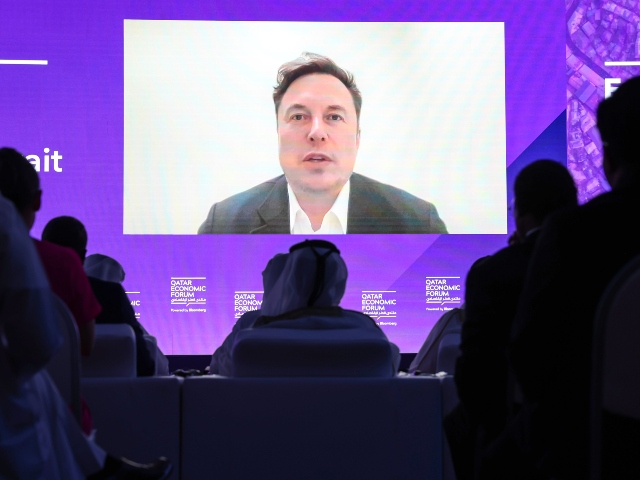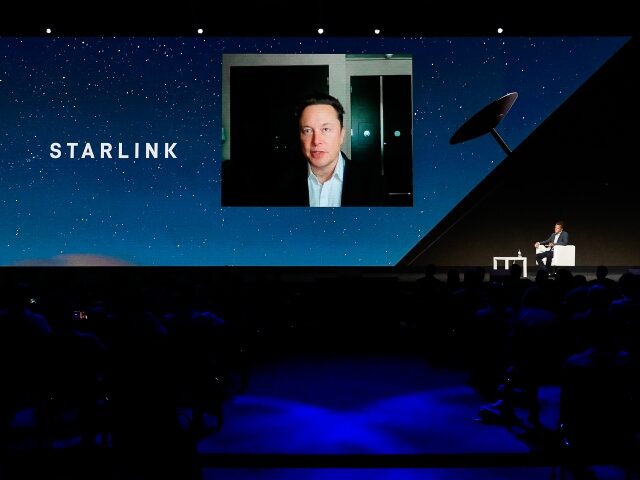The FCC has officially denied SpaceX’s Starlink $886 million in subsid for expanding broadband in rural areas, questioning Elon Musk’s ability to deliver the promised service.
The Verge reports that the FCC recently announced its decision not to award Elon Musk’s satellite internet service, Starlink, an $886 million subsidy. This funding, from the Universal Service Fund, was part of the Rural Digital Opportunity Fund (RDOF) program aimed at expanding broadband service in rural America. The FCC’s decision stemmed from doubts about Starlink’s ability to “deliver the promised service” of rural broadband, raising concerns about the optimal use of the fund’s limited resources.

Elon Musk, chief executive officer of Tesla Inc., speaks via video link during the Qatar Economic Forum in Doha, Qatar, on Tuesday, June 21, 2022. Photographer: Christopher Pike/Bloomberg
Previously, SpaceX had won the bid to provide 100Mbps download and 20Mbps upload low-latency internet to over 640,000 locations in 35 states, funded by RDOF. However, the FCC, led by Chairwoman Jessica Rosenworcel, expressed concerns about the company’s failure to meet the required standards to justify such a substantial investment of nearly $900 million in universal service funds.
Rosenworcel said: “The FCC is tasked with ensuring consumers everywhere have access to high-speed broadband that is reliable and affordable. This applicant had failed to meet its burden to be entitled to nearly $900 million in universal service funds for almost a decade.”
This decision follows a previous rejection of Starlink’s bid last year, leading to an appeal by SpaceX. FCC commissioner Brendan Carr dissented, noting the unprecedented requirement for Starlink to demonstrate its service obligations years in advance, a stipulation not imposed on other awardees.
SpaceX head of legal Christopher Cardaci argued in a letter to the FCC that Starlink represents a viable option to immediately connect many Americans in rural and remote areas where high-speed, low-latency internet has been unreliable, unaffordable, or completely unavailable. This statement highlights the critical role RDOF was supposed to play in connecting these communities.
Read more at the Verge here.
Lucas Nolan is a reporter for Breitbart News covering issues of free speech and online censorship.

COMMENTS
Please let us know if you're having issues with commenting.